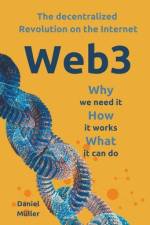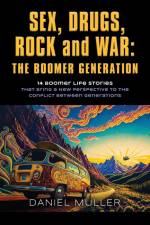av Daniel Muller
531
We have all heard the nicknames for the current generations in the news. Besides the 'Silent Generation' (a.k.a. The Greatest Generation) born before 1946, there are Baby Boomers, Generation X, Generation Y (also known as the Millennials), and Generation Z.In the past few years, there has been an increasing amount of coverage and discussion about the growing frustration between these generations. Some call it a generational war. Much of the debate has to do with the Boomer generation, with younger generations claiming various failures of this generation to provide a world or country that is sustainable and affordable.TV shows, podcasts, newspaper and magazine articles, movies, and social media have increasingly begun analysis and discussion about this war. It is a hot topic and, unfortunately, becoming more emotional. Most of the analysis and coverage has to do with emerging information about each generation, such as wealth accumulation, party affiliation, changing opinions, habits, values and relationships. Facts and surveys abound, discussing all of these aspects of the generations, and more.But we all innately understand that generalizations and summaries about the generations can be dangerous, and can only tell a part of the story.What is the answer to this generational conflict that is beginning to stress friendships, acquaintances, and even families? How can we diffuse the emotion and get to positive solutions that will help heal the divide?Daniel Muller attempts to understand this growing generational conflict at a more micro level, namely by documenting and sharing the individual life stories of a somewhat random collection of 'everyday' Baby Boomers. Besides their life stories, he relates their opinions about a series of hot topics today, all in an attempt to better understand what linkages may exist between their environment, families, early and mid-life years, and how they think and behave today.'SEX, DRUGS, ROCK and WAR: The Boomer Generation' is an enjoyable collection of very diverse life stories. In addition, Muller shares a fascinating analysis of Boomer values and opinions, and hypothesizes about the underlying potential causes of the growing conflict between generations. Finally, he shares his suggestions to calm the generational wars.







